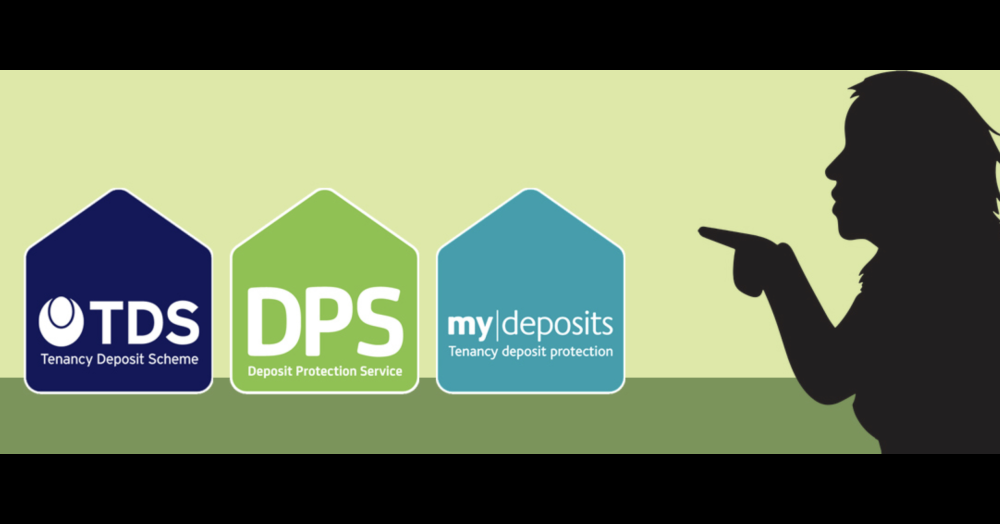You may be forgiven for thinking it is impossible to get a mortgage on a zero hour contract. But there are some ways to give yourself the best chance of securing a loan.
Firstly, the facts. The number of people employed on a zero hour contract is increasing. 2.8% of people in employment from October-December 2016 were on zero hours, equating to 905,000 people. That’s a rise of 460% in ten years, according to the latest ONS Labour Force Survey.
It seems zero hour contracts are here to stay, and of all people on a zero hour contract 34% reported working on a full time basis with 46% of all having been with their employer for two years plus. Regardless of how long someone has been with their employer, or how many hours they work, the nature of a zero hour contract does not guarantee a set level of income, so people may find it difficult to get a mortgage. This is because lenders must assess an applicant’s ability to afford their mortgage not only at time of application, but also in the future.
An industry term for those who find it difficult to get a mortgage is ‘mortgage misfits’, representing creditworthy individuals who may have complex or irregular sources of income. This group also includes the self employed and older borrowers.
By using trained mortgage underwriters, lenders can work to understanding an applicant’s personal circumstances, rather than using an automated scoring model.
Here are some things you should prepare in advance, to further your chances of getting a mortgage on a zero hours contract:
- Evidence of your employment history. Most lenders will want to see proof of employment over a period of at least 18 months.
- A P60 (End of Year Certificate), issued to taxpayers at the end of a tax year (5 April). This shows how much you have earned during the tax year.
- Payslips, bank statements, levels of expenditure and balances of other outstanding loans and credit cards.
YOUR HOME MAY BE REPOSSESSED IF YOU DO NOT KEEP UP REPAYMENTS ON YOUR MORTGAGE
Guest blog by Ipswich Building Society




